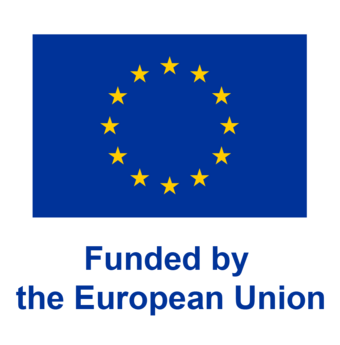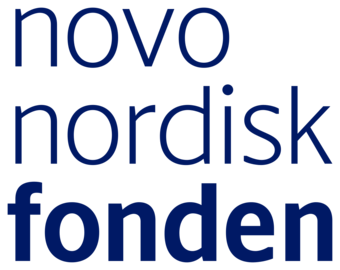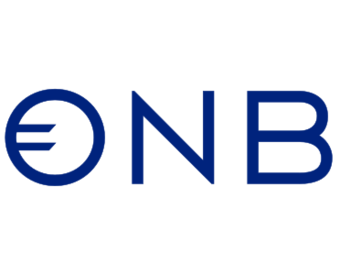Asst. Prof. Dr. Johannes Passecker
Our research group is based at the modern and integrative Biocenter Innsbruck at the Medical University of Innsbruck, nestled in the heart of the Alps. The laboratory is primarily interested in how neuronal networks support cognitive control in both health and disease. Specifically, we investigate the mechanisms underlying value-based decision-making and how outcomes and their interpretations influence goals, contextual understanding, and subsequent choices. Our focus lies on the information represented and processed within the microcircuits of the prefrontal regions and how this information is communicated to interconnected areas. Established in 2022, our lab aims to bridge the gap between human and translational rodent research, with a particular emphasis on positive valence systems. Inspired by human cognitive tasks, we investigate neural circuits at a level of detail currently inaccessible to human-centric technologies. Find more information at lab.jpassecker.com/
Focal points of interest
-
Contribution of GABAergic interneurons in neural circuit dynamics of the prefrontal Cortex. How do SST+ interneurons regulate information integration.
-
How does the timed and behaviour dependent activation or inactivation of GABAergic neurons alter positive valence evaluation and behavioural response
-
What are the differences in GABAergic control within the prefrontal cortex in models of schizophrenic risk
Technical proficiency and instrumentation
-
We have developed one of the most flexible and scalable neurobehavioural test platforms for rodents.
-
We apply in-vivo optogenetics, in-vivo electrophysiology (Neuropixels) to modify, control and record neuronal populations from multiple brain regions.
-
Our lab focuses on stringent and advanced computational analysis focused on the combination of behaviour and neuronal activity.
Aspirations for the next 5 years
We aim to help decipher how prefrontal cortex GABAergic control of incoming and outgoing information can shape the evaluation of reward information into engaged behaviors. With this approach, we are working towards our long-term vision to identify new and specific neuronal targets for symptoms particularly relevant to depression and schizophrenia.
References
- Padilla-Coreano N., Canetta S., Mikofsky RM., Always E., Passecker J., Myroshnychenko M.V., Garcia-Garcia A.L., Warren R., Teboul E., Blackman D.R., Morton M. P., Hupalo S., Tye K. M., Kellendonk C., Kupferschmidt D. A., Gordon J. A., Hippocampal-prefrontal theta transmission regulates avoidance behavior, Neuron, Volume 104, Issue 3, 6 November 2019, Pages 601-610.e4, DOI: https://doi.org/10.1016/j.neuron.2019.08.006
- Passecker J., Mikus N., Malagon-Vina H., Anner P., Dimidschtein J., Fishell G., Dorffner G., Klausberger T., Activity of prefrontal neurons predict future choices during gambling. Neuron. 2019 Jan 2;101(1):152-164.e7, DOI: https://doi.org/10.1016/j.neuron.2018.10.050
- Schwartenbeck P., Passecker J., Hauser T., FitzGerald T., Kronbichler M., Friston KJ. (2018) Computational mechanisms of curiosity and goal-directed exploration Elife. 2019 May 10;8. pii: e41703. doi: https://doi.org/10.7554/eLife.41703.





